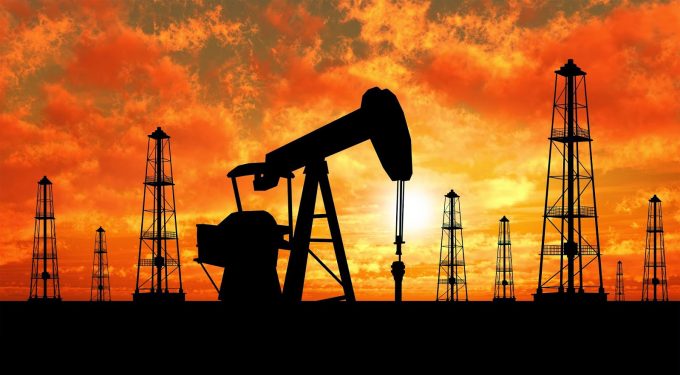Oil prices are now one of the big concerns for traders and analysts amid slowdown in China and global consumption to the point that Goldman Sachs is expecting to see crude prices dropping to low $60s within the next two years.
Earlier, the International Energy Agency’s September report highlighted a sluggish global oil demand growth of 800,000 barrels per day in the first half of 2024, marking the slowest pace since 2020.
The primary cause of this decline is the decelerating consumption in China, the world’s leading oil demand driver. Consumption in China shrunk for the fourth consecutive month in July, impacting the global oil landscape significantly, as China holds a 15% share of worldwide oil consumption as the largest oil importer and second-largest consumer.
The oversupply issue combined with subdued demand has pushed U.S. crude prices to a one-year low recently. OPEC+ members Iraq and Kazakhstan exceeded their monthly production limits, leading to the postponement of a planned output increase of 180,000 barrels per day in October. This delay is part of an initiative to reintroduce 2.2 million barrels per day back into the market gradually over the coming months.
Concerns over declining oil prices dominated discussions at the conference. Analysts, including Goldman Sachs’ Co-Head of Global Commodities Research, Daan Struyven, projected a potential drop in crude prices to the low $60s per barrel within the next two years if China’s demand continues to languish, with the chance of an even more substantial decline.
Presently, the global benchmark Brent trades at $73 per barrel, while U.S. West Texas Intermediate stands at $71 per barrel. With China’s slowdown prompting a search for new oil demand catalysts, attention is shifting towards India.
India, the world’s third-largest oil consumer at 5 million barrels per day, is anticipated to surpass China in oil demand growth in 2024, with an expected increase of 200,000 barrels per day. As the world’s fastest-growing major economy, India aims to overtake Japan and Germany to become the third-largest global economy as early as 2027.


